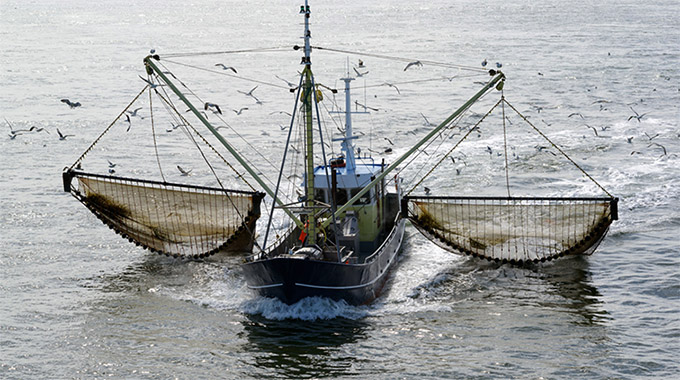
Applied to the Balanced Harvesting Debate
by Matthew G. Burgess and Michael J. Plank
ICES Journal of Marine Science, doi: 10.1093/icesjms/fsaa012
Abstract: Balanced harvesting (BH)—the idea of harvesting all species and sizes in proportion to their production rate—has been a topic of recent debate. Developed world fisheries tend to fish more selectively, concentrating on certain species and sizes preferred in the market. However, fishing patterns in some developing countries, with a range of different fishing gears and more generalist markets, more closely resemble BH. The BH debate therefore hinges on whether selective fisheries should become more balanced, whether unselective fisheries should do the opposite, both, or neither. In this study, we use simple and general analytical theory to describe the ideal free distribution that should emerge in unmanaged fisheries, and we show that this ideal free distribution should approximately produce BH only when prices, catchabilities, and fishing costs are similar across species and sizes. We then derive general properties of yield and profit maxima subject to conservation constraints. We find that BH is unlikely to be optimal in any fishery but may be closer to optimal in fisheries in which it emerges without management. Thus, BH may be more useful as a heuristic for understanding differences between fisheries in locally appropriate management than as an exact management strategy. Read more …

